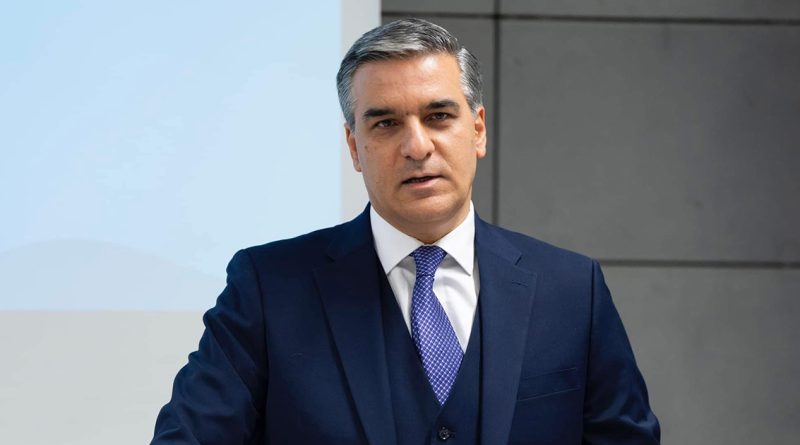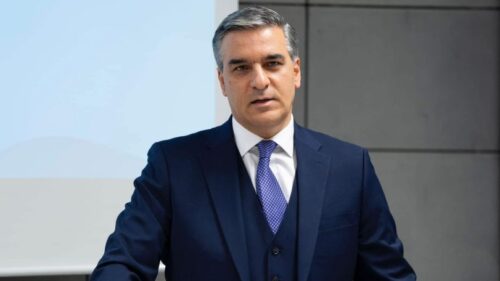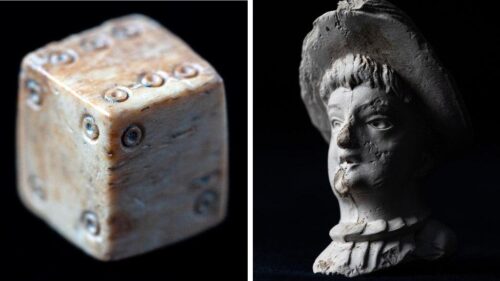
Tatoyan: Future generations must be raised with the heroic example of the participants of the April War and our brave sons who were martyred for the homeland
Nine years ago, on April 2, 2016, the April War began with Azerbaijan’s attack on Artsakh. From the very first day, as the Human Rights Defender of Armenia, I traveled to Artsakh and personally witnessed the crimes committed by the Azerbaijani armed forces. We were compelled to document and collect evidence of the atrocities committed against our compatriots, Former Human Rights Defender of Armenia, Arman Tatoyan, writes.
“First, as a result of targeted attacks, 12-year-old Vaghinak Grigoryan, a resident of Chartar, was killed, and four other children were injured. In Talish, Azerbaijani soldiers tortured and brutally murdered elderly spouses Razmela Vardanyan and Valerik Khalapyan, as well as his 92-year-old mother, Marusya Khalapyan, in their own home.
Azerbaijani soldiers beheaded serviceman Kyaram Sloyan, recorded the act, and publicly shared it, boasting about their crime. Beyond this, they widely deployed heavy artillery, including the “Solntsepyok” thermobaric system, unmanned aerial vehicles, and more. The Mataghis reservoir was also shelled.
At the root of all these actions was the state-sponsored policy of Armenophobia and racism by Azerbaijani authorities.
Later, with the 44-day war in 2020, the September 2022 attacks on Armenia, the ethnic cleansing of Artsakh starting in September 2023, the treatment of Armenian prisoners of war, Azerbaijani brutality not only failed to subside but also took on even more cruel manifestations. Each time, the impunity of the perpetrators led to new crimes.
The April War was marked by the heroism of our warriors and their struggle for the homeland. It demonstrated the strength of our national spirit and the purity of our identity.
Future generations must be raised with the heroic example of the participants of the April War and our brave sons who were martyred for the homeland. Their dedication must not be forgotten—this is what matters most now,” Tatoyan writes.


